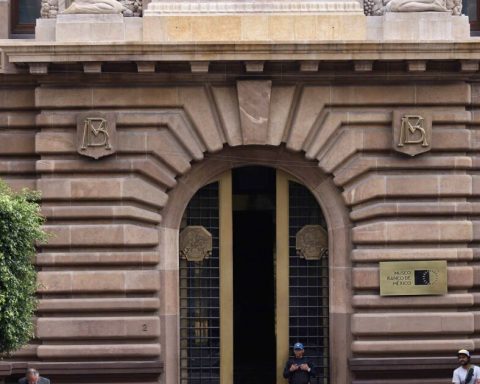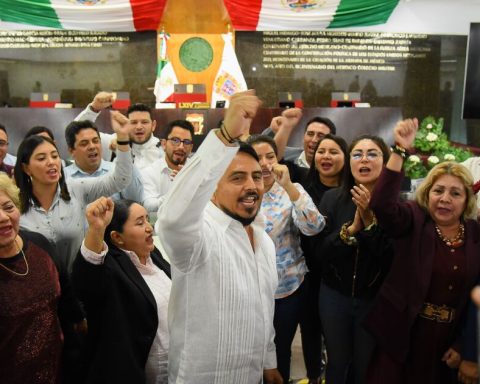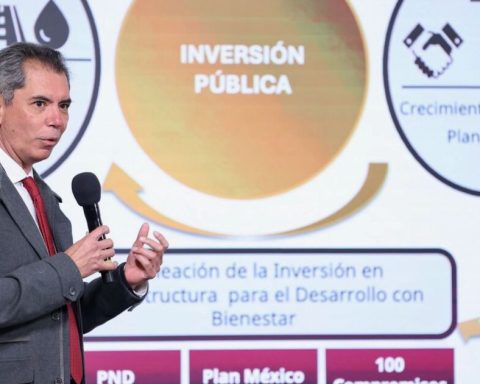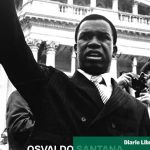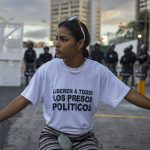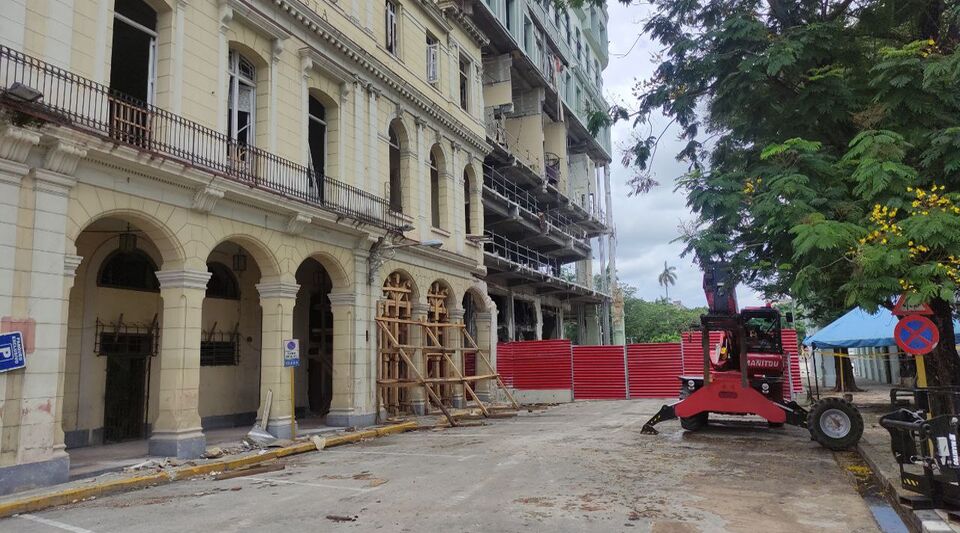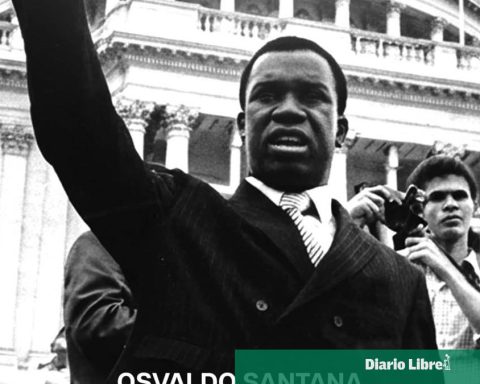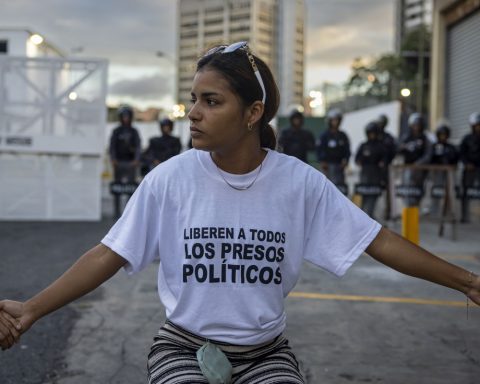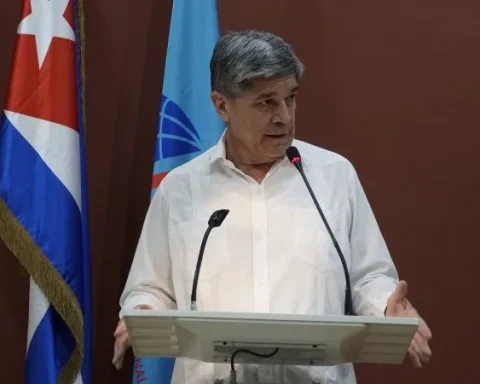L
normal schools play a role fundamental in the construction of a national educational project. Its functioning, operation and future depend not only on the political and economic will of the authorities, but also on various intangible elements that have a much deeper impact on the educational system.
Three years after the National Congress for the Strengthening and Transformation of Normal Schools was born and the implementation of the National Strategy for the Improvement of these institutions, there are advances, challenges and pending issues that should not be lost sight of in the public debate.
In budgetary matters, there was a considerable increase in resources, going from 20.6 million pesos allocated in 2021 to 750 million pesos in 2022. By 2023, the General Directorate of Higher Education for Teachers (Dgesum) will request one billion pesos from the State ; however, they will ask that this money be delivered directly to the schools through the La Normal es Nuestra program, an initiative similar to La Escuela es Nuestra, for basic education. This allocation without intermediaries
the authorities point out, aims to strengthen management autonomy and would be regulated by community school participation committees made up of members of the community and supervised by internal normalist assemblies.
Another resolution is the expansion and strengthening of the educational offer: the bachelor’s degree in educational inclusion remains, the bachelor’s degree in special education returns, the bachelor’s degree in initial education is added and piloting in Michoacán of the bachelor’s degree in multilingual and community intercultural initial education begins.
One of the most relevant aspects, but which has presented the most debates, is the progress of the new 2022 curriculum, which has been formulated in agreement with the normalist communities: 50 percent has been proposed by the Federation and the other 50 percent of the contents are formed in coordination with state authorities and educational establishments.
This pedagogical construction has been the subject of heated meetings in the different forums: marathon sessions where teachers, researchers, authorities at all levels and student representatives have deeply discussed what the needs are that the various contexts require.
In Veracruz, for example, the Directorate of Normal Education has promoted a series of forums to discuss and agree on issues such as the importance of multigrade work, the centrality of practice as the articulating axis for the construction of teaching knowledge, gender equity, financial education, critical interculturality, among others that have been placed as optional courses in the 2018 study plans and that are intended to be resumed officially in the 2022 plans.
Given this, this new curriculum will begin to be implemented in the next school year 2022-23; however, it has also generated concern among teachers, since there is very little time left for its start and the final documents are not yet ready.
Despite this situation, they have been instructed to start working with this new plan, even without having the corresponding documents and in complete ignorance of its content, which is why they fear starting the cycle with improvisations. This would not be the first time it has happened, as the same thing happened during the landing of the 2012 and 2018 programs.
There are other challenges that persist. Recently, the researcher Verónica Medrano (2021) pointed out that in general, the teaching staff does not have the working conditions of hiring and time allocation that allow them to participate effectively in programs such as the National System of Researchers or in calls to access resources from the Conacyt funds for research.
It also considers that these contexts affect the creation and consolidation of academic bodies and, in addition, there are still strong influences from trade union groups and external student organizations that have slowed down various processes of improvement and transformation.
The strengthening of normal schools requires the effective participation of their entire community. The challenges and pending are extensive, but only under a democratic and plural construction will it be possible to really strengthen these fundamental institutions to achieve collective well-being.
*Journalist specializing in education
Twitter: @elErickJuarez

